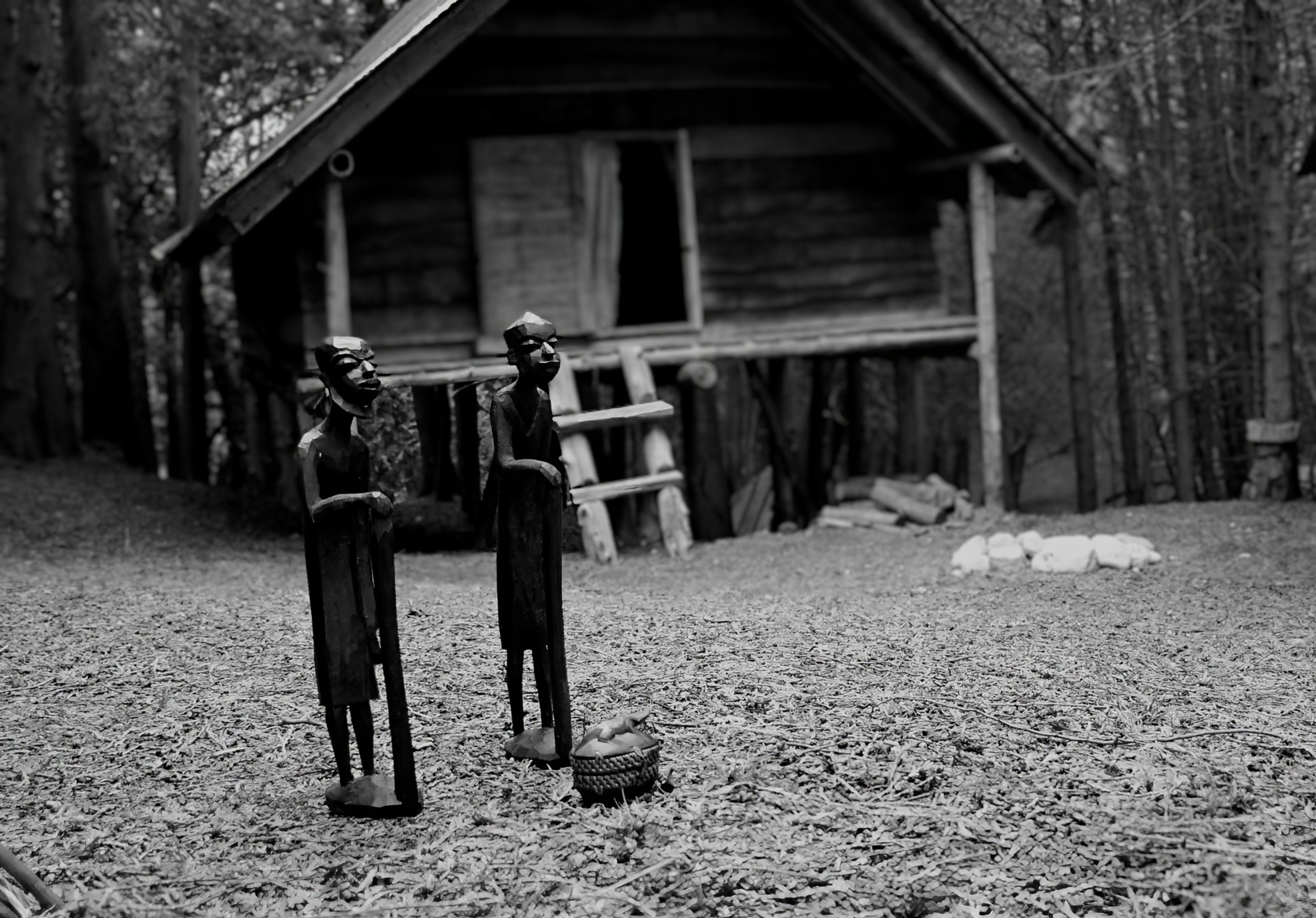Have you ever had a time in life where you lived in constant fear of your surroundings? Where you were constantly looking around to see if something was lurking around the corner? While many of us might experience this in our childhood, or to a limited extent even in adulthood, not all of us will necessarily live in this constant reality of fear and constant uneasiness. Unfortunately, this is not the case for many animists.
An animist is someone who believes that spirits are everywhere and who lives with a constant fear of these spirits and unseen forces. The animist believes nothing happens by chance, and that there is always a reason for the events that happen in our lives. That is, what biblically-minded Christians might ascribe to God and His work, the animist would ascribe to the spirits or evil forces; their understanding of the ultimate power at play is misguided. While many people in tribes adopt this animistic worldview, it also creeps into Western worldview and thought in many contexts. Many of us who live in the West are more animistic than we want to admit.
We as training students recently took a class about animism that helped us to understand this worldview. We learned about the definition of animism (the belief system of the animist), and learned some examples of how animistic beliefs affect everyday life. Furthermore, we learned about how animism has crept into a vast array of cultures and societies, affecting the way we see our everyday life. For example, many people, including those in the West, hold to things like good luck charms or rituals, and they think nothing of the reasons why they hold to these beliefs. Some carry a rabbit’s foot around, perhaps without realizing that, historically, this practice was sometimes done to ward off witchcraft. We often tend to do things without looking at the history or reasoning behind them, and I imagine you can think of other examples of this yourself.
In many areas of Paraguay, South America (where I grew up), I noticed that many indigenous people groups tended to live in the fear that is characteristic of animism. However, when I moved to the US and Canada later in life, I realized in a deeper way just how much secular ideas have influenced North Americans to think in ways that do not acknowledge the God of the Bible. From there, many slip into animistic tendencies. While many in a North American context, for example, would not necessarily proclaim themselves to be “animists” or introduce themselves as such, much of their worldview and way of thinking has, nonetheless, been swayed by beliefs in spirits, bad “omens,” or other concepts that animists hold to.
As we consider how we would seek to reach out to animists, as well as those influenced by animistic thinking, it is worth asking: How can we take comfort in God’s promises in the task before us? Sometimes it just seems so daunting! It seems there are so many obstacles in any worldview that get in the way of God’s truth. I take great comfort in the words of John:
“Little children, you are from God and have overcome them, for he who is in you is greater than he who is in the world.”
-ESV, 1 John 4:4
While the future is uncertain, we trust a certain God. We know that He is with us, as well as in us through His Spirit. He continues to guide us forward by His grace as we seek to be His ambassadors. May His love and truth together combine to propel us forward, as we minister to the animist. Whether the people have embraced only facets of animism or whether it affects almost every area of life, we can seek to carefully and systematically present truth in a way that helps them come to grips with God’s Word. We can do it humbly too, admitting that we have also been misled in our thinking. In this way, we can help them grapple with the reality God presents in a way that they might not have done had they not learned the truth.



